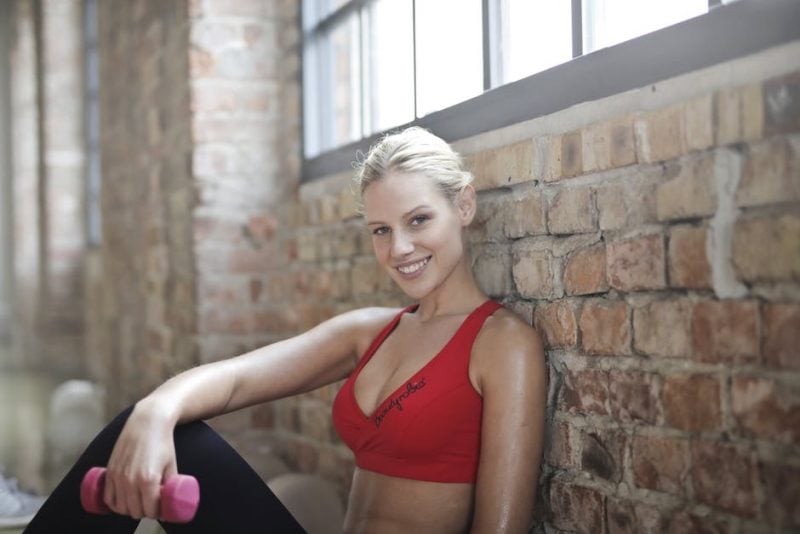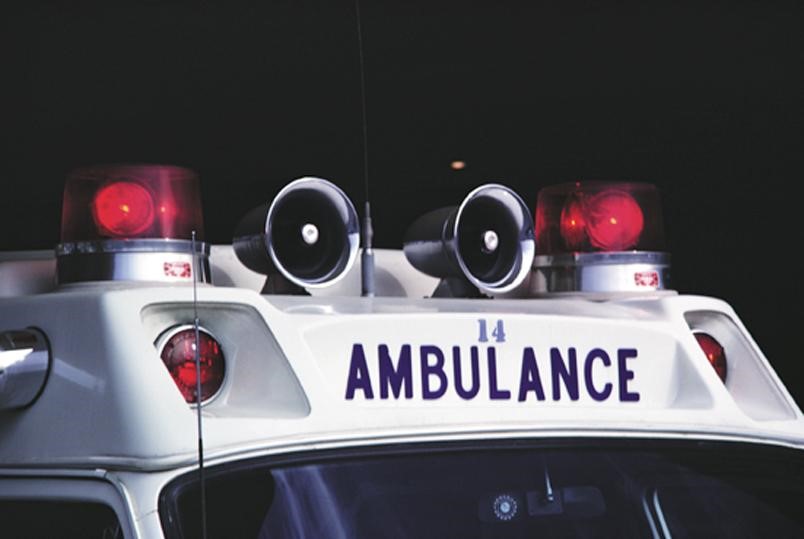The Struggles of Excessive Sweating
There are certain bodily functions that most of us wish didn’t exist. Sweating is at the top of that list. It’s essential for maintaining body temperature, but the side effects of sweating can be less than ideal.
Just about everyone wants to know tips on how to stop sweating, because just about everyone has had an embarrassing moment at one point or another due to too much perspiration. The solution depends on the type of sweating you’re struggling with and the underlying cause.
Uncomfortable Hot Flashes
A hot flash can hit you all of a sudden, sending streaks of sweat down your body. It’s a particularly troublesome sweat-related issue because the feeling of unbearable heat comes out of nowhere. It can even happen in the middle of winter when it’s near freezing outside.
Hot flashes can be caused by:
- Menopause
- Medications
- Fever
- Smoking
- Obesity
Since hot flashes are unexpected and uncontrollable the best thing you can do is plan ahead for the possibility. Using prescription strength antiperspirant can control some of the sweating. Antiperspirant towelettes can also be used to quickly control perspiration as needed when a hot flash hits.
Restless Night Sweats
If you struggle to get asleep at night, sweating could be the reason. Night sweats are basically hot flashes that occur at night during rest. The condition can cause insomnia, which creates a whole other set of health problems.
Sleep closely correlates with our body temperature. When the body goes into sleep mode our temperature drops to its lowest point in the day. That’s why a night sweat that revs up temperature pulls us out of slumber.
To combat restless night sweats:
Steer clear of caffeine. It’s a stimulant that can overstimulate the central nervous system, making it more difficult to get to sleep and increasing the possibility of hot flashes.
Put the fan on high. The breeze will help evaporate the sweat so you stay cooler and are more likely to stay asleep.
Wear light, loose clothing to bed. This will allow the skin to breathe and the sweat to evaporate.
Create a relaxing nighttime routine. This will help ready your mind and body for bedtime.
Embarrassing Sweat Stains on Clothing
Sweating is tied to the nervous system. When nerves and stress kick in, it sends sweating into overdrive. One of the first places you’ll notice nervous sweating is the armpits. Unfortunately, shirt fabric sits right up against the skin and soaks up the sweat.
Many guys wear undershirts beneath their button-ups to help avoid the dreaded pit stain. But there are ways to reduce nervous sweating altogether.
When we’re nervous the hypothalamus triggers the release of adrenaline. The adrenaline then kicks the sweat glands into action. Controlling your nerves will help curb the adrenaline and the sweat. Identifying your sweat triggers is the first step. It’s also important to come up with a calming technique, like deep breathing, to help ease nerves when anxiety kicks in.
Since controlling stress can be difficult in some situations, high-strength antiperspirant is another preventative measure. Botox is another, more extreme option. It’s also very costly, given that 100 units of Botox are needed for treatment.
Makeup That Won’t Stay Put
Any woman will tell you, makeup and sweat don’t go together. Even “waterproof” makeup won’t look the same when beads of sweat pop up. Pretty soon your perfect makeup application looks more like a Picasso painting.
There are thousands of eccrine sweat glands on the scalp and face that react when body temperature or the outside temperature rises. Oddly enough, doctors note the face is the first place on the body to produce sweat.
Since this type of sweating is connected to heat, the best thing you can do is cool down. If you’re outdoors, find a shaded spot out of the sun. Fans are another good solution. The air movement can make the immediate area fill a few degrees cooler.
You’ll also need to drink cool water. This will help replace the water that’s lost through sweating and help cool the body.
If you have an underlying condition, such as hyperhidrosis, your doctor may prescribe a cream containing aluminum chloride that can be used on the face. Aluminum chloride is the primary ingredient in most leading antiperspirants.




